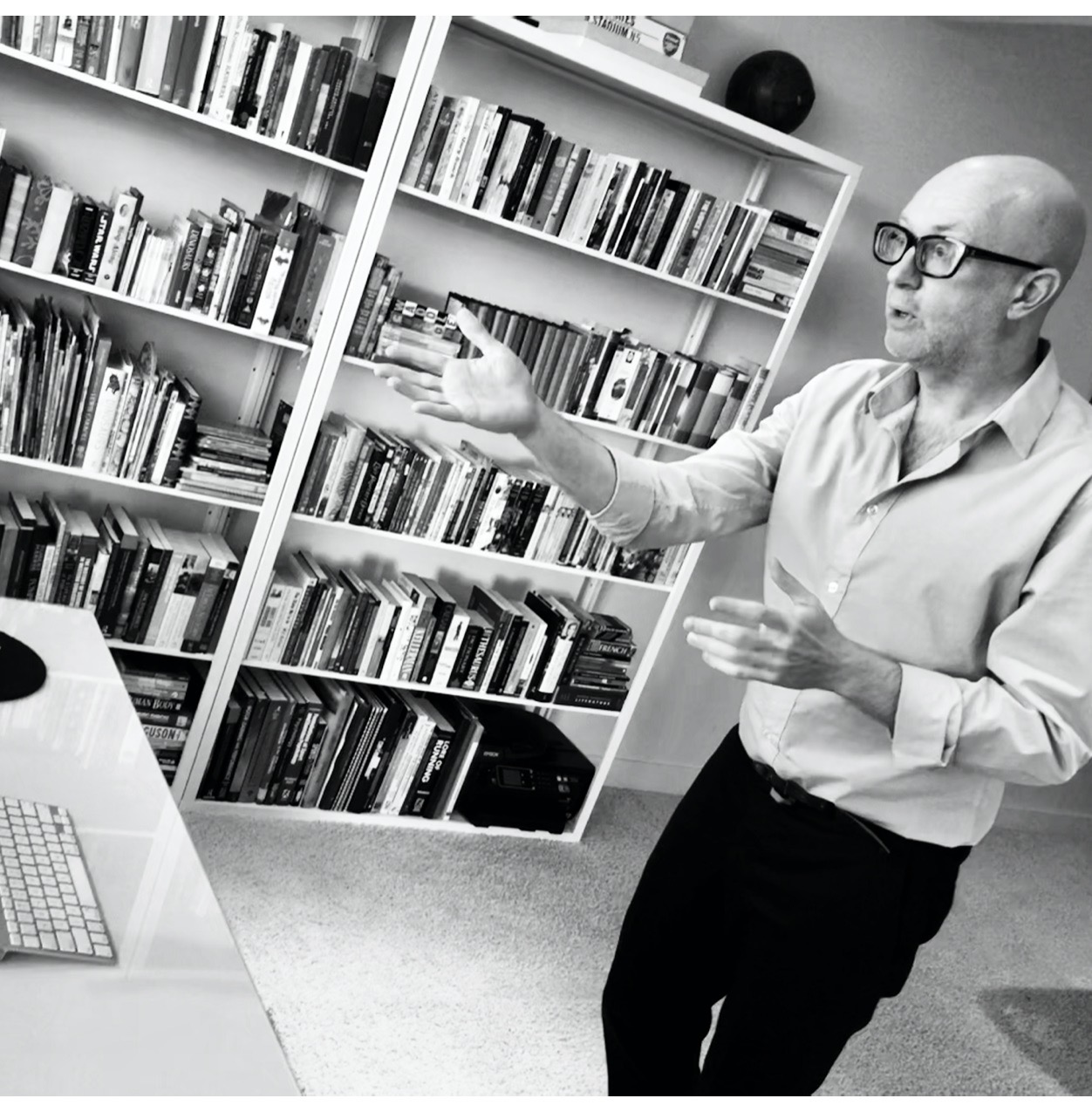Tough love or verbal abuse? How about neither?
Two years ago, the Washington Post ran a story of football coaches having to adapt to a cultural shift in appropriate behavior and discipline. Where, they asked, did the lines between tough love and verbal abuse, begin and end?
The “win-at-all-costs” mentality no longer has a place in youth sport, but hard coaching and making kids tough is still of course necessary. Learning the hard way. “We have to create adversity for our players and teach them that struggle is essential for growth” said Cara Morey, Head Coach of Princeton University’s Women Ice Hockey team in a keynote address at a recent North American conference of Leadership and Culture.
Or do you? Consider two athletes on the start line, B and C. They have identical physical, mental, emotional attributes but B is happy and C is not. C is anxious, under pressure, worried about what his abusive and/or tough love coach will say. “Will it be tough love today or verbal abuse, what will I have done wrong this time?” On and on, and on, go her anxiety fueled thoughts. B doesn’t think that, because she doesn’t need to. It doesn’t matter what she does, she is safe and secure, she can focus on the race. Who wins?
Let’s remove our sporting beliefs for a second, and now consider a human truth and fact. Happy people thrive, unhappy people don’t. Of course, that’s not strictly true of course, there are many exceptions, but the point is still the same. Happy people are more likely to thrive. More likely to develop, to perform, to excel. And unhappy people are much more likely to struggle.
So why… have almost everyone in sport, normalized the happy/unhappy development and performance relationship the other way round? Why do we see all manner of contradictions pervade sport?
- World-leading tennis players talking about their mental health struggles and “brutal” experiences of sport, while former tennis champions dismissively remind them playing tennis is a privilege, to step up and go get fixed by a psychologist.
- The now repeated almost weekly exposures of abusive coaches, and also the institutional mismanagement of abuse by national sporting organizations, that is the groups of people who organize the activities that they claim “teach a host of desirable social skills”: leadership, positive youth development [PYD], teamwork and so on.
- The fact that while British cycling had a world-leading scientific emphasis on “marginal-gains”, taking care of every single minute variable that collectively significantly advances performance, the one much larger variable they did not see was the bullying culture under Head Coach, Shane Sutton: more massive-performance-obstacle than marginal-performance-gain.
Sport in other words, has an ingrained cultural logic, as deep as a forest of Californian sequoia trees, that is actually counter to its aims, which makes little sense until you consider a deeper and broader view of sport.
Historically… the sport we know today, began when it was organized and given rules during the industrial revolution to increase health, divert people from monotonous factory tasks and presumably make a life of hard work seem normal. Sports have then a blueprinted design based on obediently following instructions, day-in day-out maximal effort, and never giving in [strength as resiliency or tolerating any-thing]: ever. A “horrible-do-what-I-say-shouty boss” maximal work-ethic, that everyone, including the media, thinks normal. Following instructions, aggression, passion, wanting, demanding, inspiring or forcing “it more” being the only attributes for success.
Not creativity, not inspiration, not freedom. Not flexibility, play, fun, art, beauty. Do you want me to carry on? Not spontaneity, exploration, originality, initiatives, mistakes, mis-interpretations, false starts, anxiety-free problem-solving, imaginations, imitations, deep motivation, thrill, trial and error, trying out possibilities, revising ideas, discovering new challenges and relationships, and bringing wide-ranging elements together. All of which are ironically the things that make sporting success far more likely.
The problem… is coaches do not see their coaching framework, that is the expectations framing and surrounding their athletes, counter their creative aims. “Be creative” is expressed as an instruction. “Have fun” is demanded. “Go for it” is forced. And all of them are undermined when an athlete makes a mistake, and the coach shouts, in an abusive or tough way, at the mistake.
Athletes are not securely and safely wrapped in judgement-free environments, they are insecurely-immersed in exceptionally harsh critical ones: tough love or verbal abuse.
And you want the greatest irony? Some coaches, likely those who do education for a qualification for promotion not the actual engagement of learning to be a better coach, are very quick to complain, cry foul or whinge when their education questions their beliefs. Which is exactly what they complain their athletes do! “Do I give them tough love or verbally abuse them?” I often wonder, knowing that’s what they demand of their athletes. I do neither. I wrap them in my version of a learning safety-blanket, and hope they see the enormous values to doing the same with their athletes.
Until burning resentment or crushingly low self-esteem become ideal performance states, coaching ethically is winning coaching. It’s not soft. It’s not weak. It’s not separate and distinct. It’s effective because it centers athletes on what’s important. It is exactly what it says it is. It’s winning.
It just needs a lot of [re]education of coaches to re-think or broaden their ingrained cultural logic. That’s what we do.



